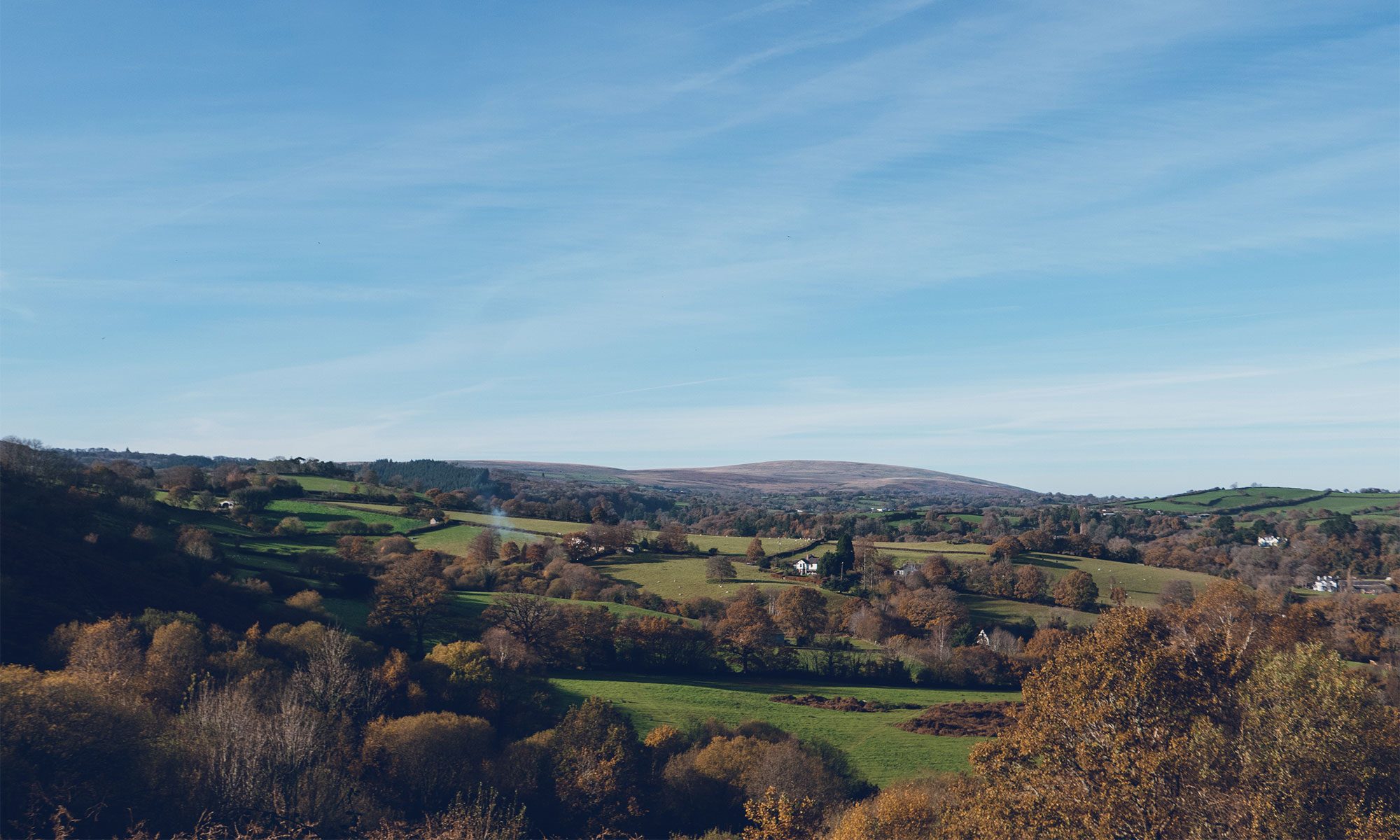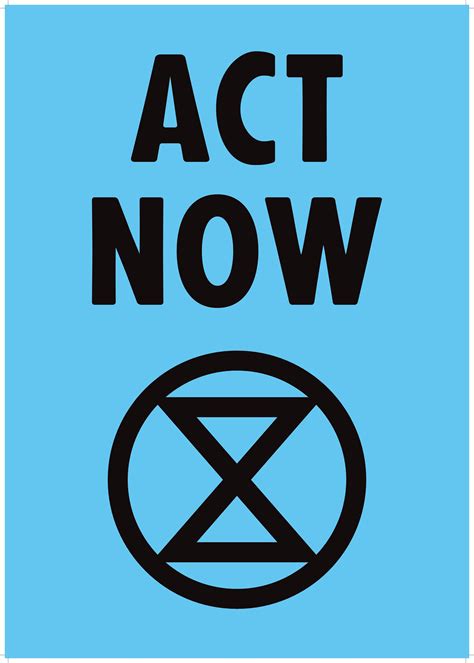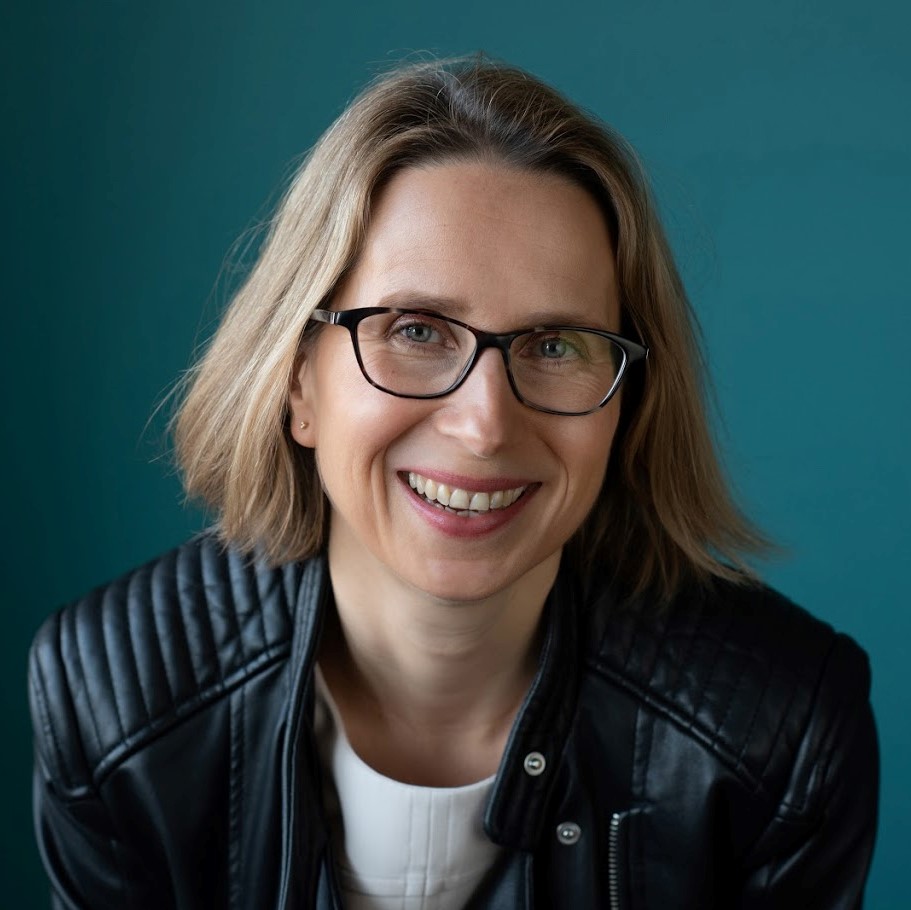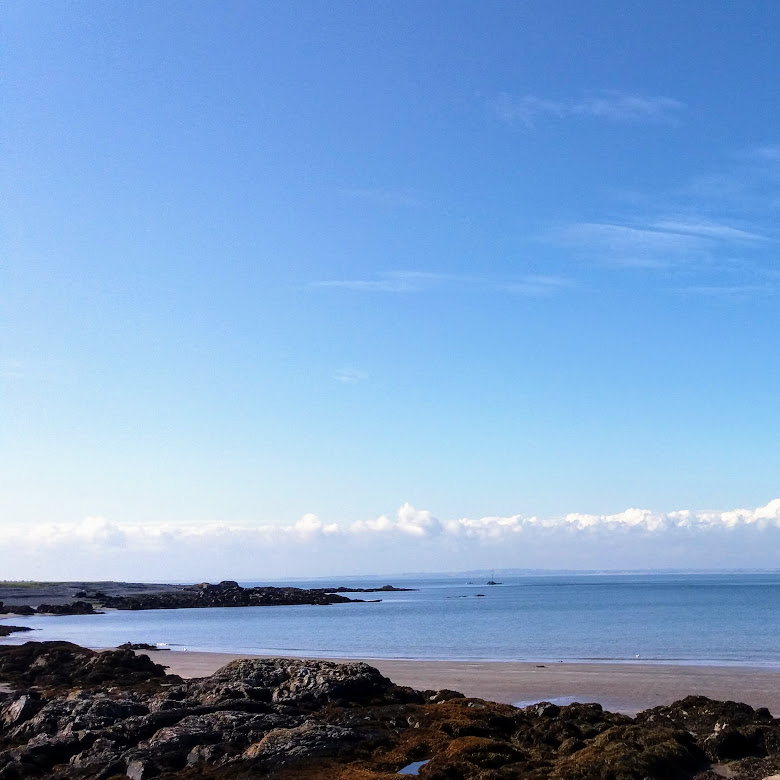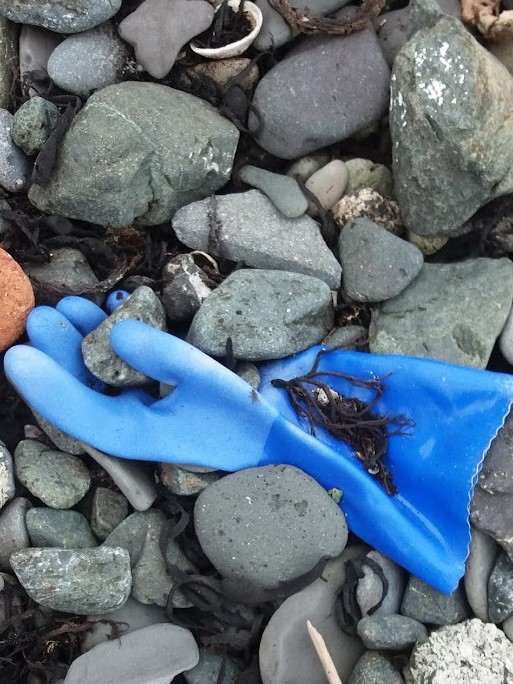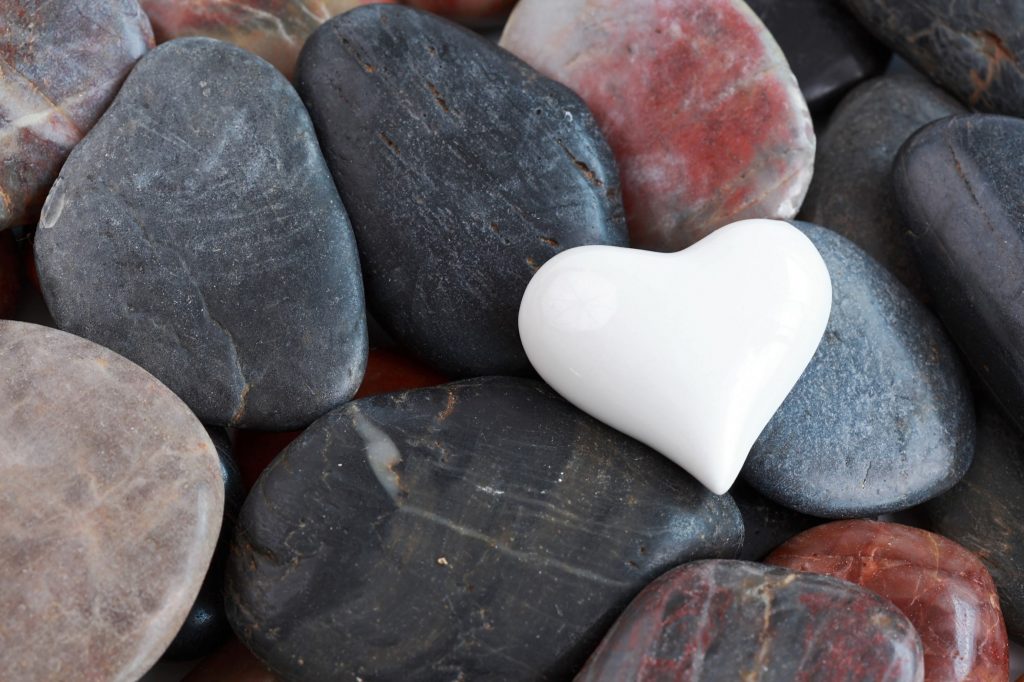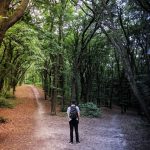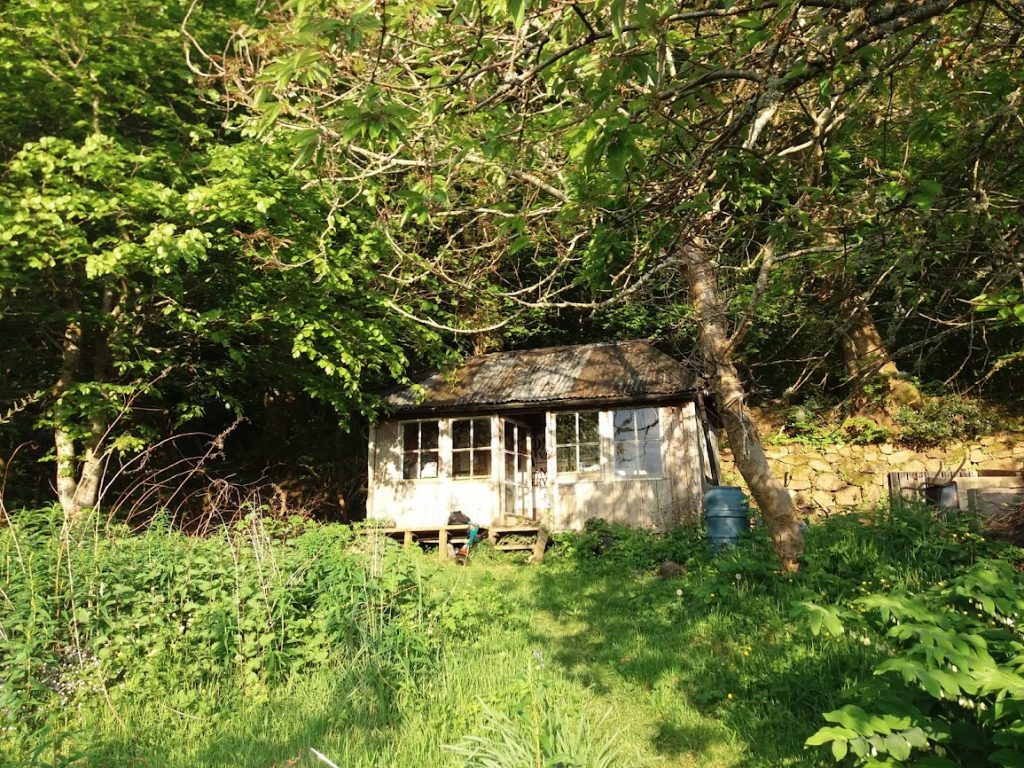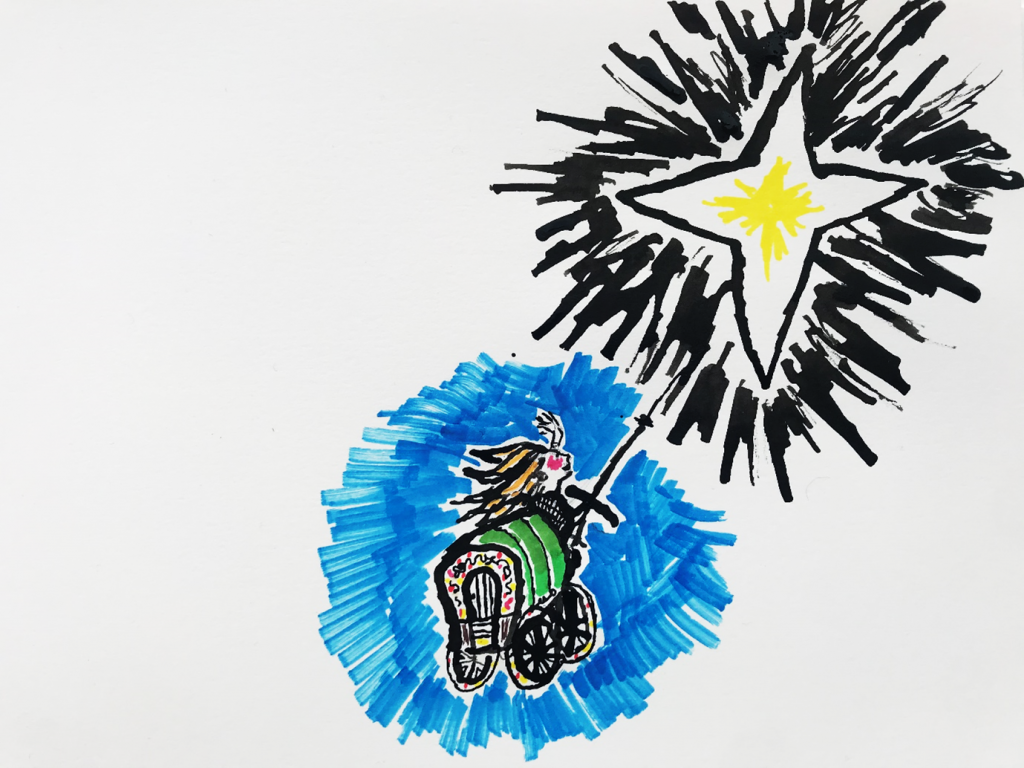Reaching for the Stars
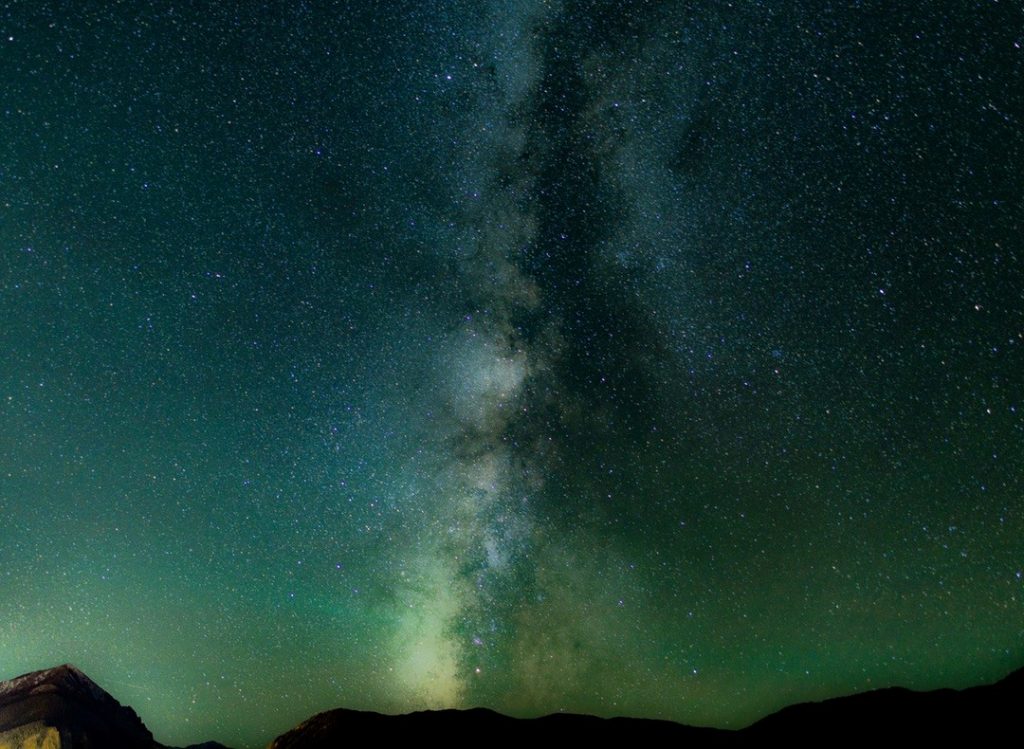
Today Chris Nichols shares a thought for the day. Chris is co-founder of GameShift an FT ranked leading management consultancy.
One of the blessings of teaching at Schumacher College over the years was that I got to work with Brian Goodwin. Brian was a pioneer in the field of theoretical mathematical biology, and he took on a “post-retirement” role at Schumacher teaching complexity theory. He wrote many things in his life, including his elegant and piercing later-life reflection on our human crisis on this earth, Nature’s Due.
Every now and then I’d do a double act with him, applying complexity thinking to organisational activity. I was astonishingly fortunate to have the chance to learn from him at close hand. He once said a sentence to me that I’ve never forgotten: “always remember that human systems in crisis tend towards control”.
How right he was.
As the world converges on Glasgow I don’t know whether to be hopeful or terrified, and so I find myself to be both.
I am hopeful because I genuinely do feel that something has shifted. I first worked in energy conservation in 1983, back when it was government policy to encourage energy use. The privatisations of both gas and electricity were based on supporting a growing energy demand.
Almost three decades on in 2010, when I introduced some of my Schumacher inspired teachings into the business school where I worked, the CEO declared that both Schumacher and I were “away with the fairies”. How far off the mark was that! There were fantasies around all right, and they were principally the fantasies of infinite growth and endless cheap energy.
That tide seems to have turned. I am delighted to hear now, in 2021, a UK Prime Minister speak up on behalf of the living earth, and of our generational obligation to act for the well-being of earth systems and for the sake of tomorrow’s generations.
But at the same time, I am terrified.
These same governments are in many ways showing exactly the tendency towards tight central control that Brian Goodwin warned about. We are seeing systemic crises piling up, from financial meltdowns to climate turmoil, from COVID to global trade. People are afraid and in response we are seeing the rise of polarisation, binary thinking and “tough man” heroic leadership.
I hope we won’t see a COP meeting filled with posturing heroes, making grand claims whilst acting for smaller interests. I also hope we don’t witness a COP of diktat and control.
Ultimately our climate crisis isn’t a “thing in itself”, it’s a symptom. A sign of a world out of balance, a forgetting that we too are the living world. Small politics, nationalistic battles, pitting “us” against “them”, all are part of the same problem.
What we need from COP is both action AND inclusion, commitment, AND engagement.
It will take more than the will of governments to recreate a sane understanding of humanity’s place on this earth. We need bigger solutions, and these will always need collaboration, a will to find ways to work together, however hard that is.
I am inspired in this by the work of past students, from both Schumacher and the marvellous (but now lost) Bath and Ashridge MSc degrees in sustainable and responsible business. People like Jon Alexander working to invite people to move from being consumers to be becoming active citizens; Daniella Vega who is Senior VP Health and Sustainability at global food producer Ahold Delhiaze, working to promote earth intelligent action at all levels of the company’s activities; Mashudu Romano, an energy and water entrepreneur looking to create universal provision in southern Africa; and Andres Roberts and his colleagues in the Bio-Leadership Project, working to create new ways of leading that see beyond the myth of human activity as separate from life.
What gives me hope is not that these are the exceptions, but that they are examples among many. There is little time, but we now have many talented people pouring their skill and energy into creating a change where once there were so few. There is more action now, and action by many is where hope lies.
Schumacher ecologist Stephan Harding tells this story. When Brian Goodwin was dying in his hospital bed, a nurse saw him stretching up his arms. She asked him what he was doing. “I am reaching for the stars” he said.
That’s where I see myself as I write this. I am an older man now, in my sixties. I have worked to promote sustainability and earth intelligent business for decades, and mostly during my lifetime the news has not been good. Yet I look at the people converging on COP 26 and I am hopeful. If we can reach beyond our inclination to split and blame others, beyond our smaller views, there is a deeper energy for a real change. I feel it in the voices, and I see it in the actions of people now much younger than me.
I see all this, and like Brian I reach for the stars.
Reaching for the stars
By Chris Nichols, co-founder of GameShift
One of the blessings of teaching at Schumacher College over the years was that I got to work with Brian Goodwin. Brian was a pioneer in the field of theoretical mathematical biology, and he took on a “post-retirement” role at Schumacher teaching complexity theory. He wrote many things in his life, including his elegant and piercing later-life reflection on our human crisis on this earth, Nature’s Due.
Every now and then I got to do a double act with him, applying complexity thinking to organisational activity. I was astonishingly fortunate to have the chance to learn from him at close hand. He once said a sentence to me that I’ve never forgotten: “always remember that human systems in crisis tend towards control”.
How right he was.
As the world converges on Glasgow I don’t know whether to be hopeful or terrified, and so I find myself to be both.
I am hopeful because I genuinely do feel that something has shifted. I first worked in energy conservation in 1983, back when it was government policy to encourage energy use. The privatisations of both gas and electricity were based on supporting a growing energy demand.
Almost three decades on in 2010, when I introduced some of my Schumacher inspired teachings into the business school I then worked in, the CEO of the school declared that both Schumacher and I were “away with the fairies”. How far off the mark was that! There were fantasies around all right, and they were principally the fantasies of infinite growth and endless cheap energy.
That tide seems to have turned. I am delighted to hear now, in 2021, a UK Prime Minister speak up on behalf of the living earth, and of our generational obligation to act for the well-being of earth systems and for the sake of tomorrow’s generations.
But at the same time, I am terrified.
These same governments are in many ways also showing exactly the tendencies towards tight central control that Brian Goodwin warned about. We are seeing systemic crises piling up, from financial meltdowns to climate turmoil, from COVID to global trade. People are afraid and in response we are seeing the rise of polarisation, binary thinking and “tough man” heroic leadership.
I hope we won’t see a COP meeting filled with posturing heroes, making grand claims whilst acting for smaller interests. I also hope we don’t witness a COP of diktat and control.
Ultimately our climate crisis isn’t a “thing in itself”, it’s a symptom. A sign of a world out of balance, forgetting that we too are the living world. Small politics, nationalistic battles, pitting “us” against “them”, is all part of the same problem.
What we need from COP is both action AND inclusion, commitment, AND engagement. It will take more than the will of governments to recreate a sane understanding of humanity’s place on this earth. I hope we will find leaders who understand that pitting one part of humanity against another is an easy popularity to achieve but too small a scale of victory. We need bigger solutions, and these will always need collaboration, a will to find ways to work together, however hard that is.
I am inspired in this by the work towards this agenda by of some our past students, from both Schumacher and from the marvellous (but now lost) Bath and Ashridge MSc degrees in sustainable and responsible business. People like Jon Alexander working to invite people to move from being consumers to be becoming active citizens; Daniella Vega who is Senior VP Health and Sustainability at global food producer Ahold Delhiaze, working to promote earth intelligent action at all levels of the company’s activities; Mashudu Romano, an energy and water entrepreneur looking to create universal provision in southern Africa; and Andres Roberts and his colleagues in the Bio-Leadership Project, working to create new ways of leading that see beyond the myth of human activity as separate from life.
What gives me hope is not that these are the exceptions, but that they are now examples among many. There is little time, but we now have many talented people pouring their skill and energy into creating a change where once there were so few. There is a lot more action, and action by many is where the hope lies.
Schumacher ecologist Stephan Harding tells this story. When Brian Goodwin was dying in his hospital bed, a nurse saw him stretching up his arms. She asked him what he was doing. “I am reaching for the stars” he said.
That’s where I see myself as I write this. I am an older man now, in my sixties. I have worked to promote sustainability and earth intelligent business for decades, and mostly during my lifetime the news has not been good. Yet I look at the people converging on COP 26 and I am hopeful. If we can reach beyond our inclination to split and blame others, beyond our smaller views, there is a deeper energy for a real change. I feel it in the voices, and I see it in the actions of people now much younger than me.
I see all this, and like Brian I reach for the stars.
